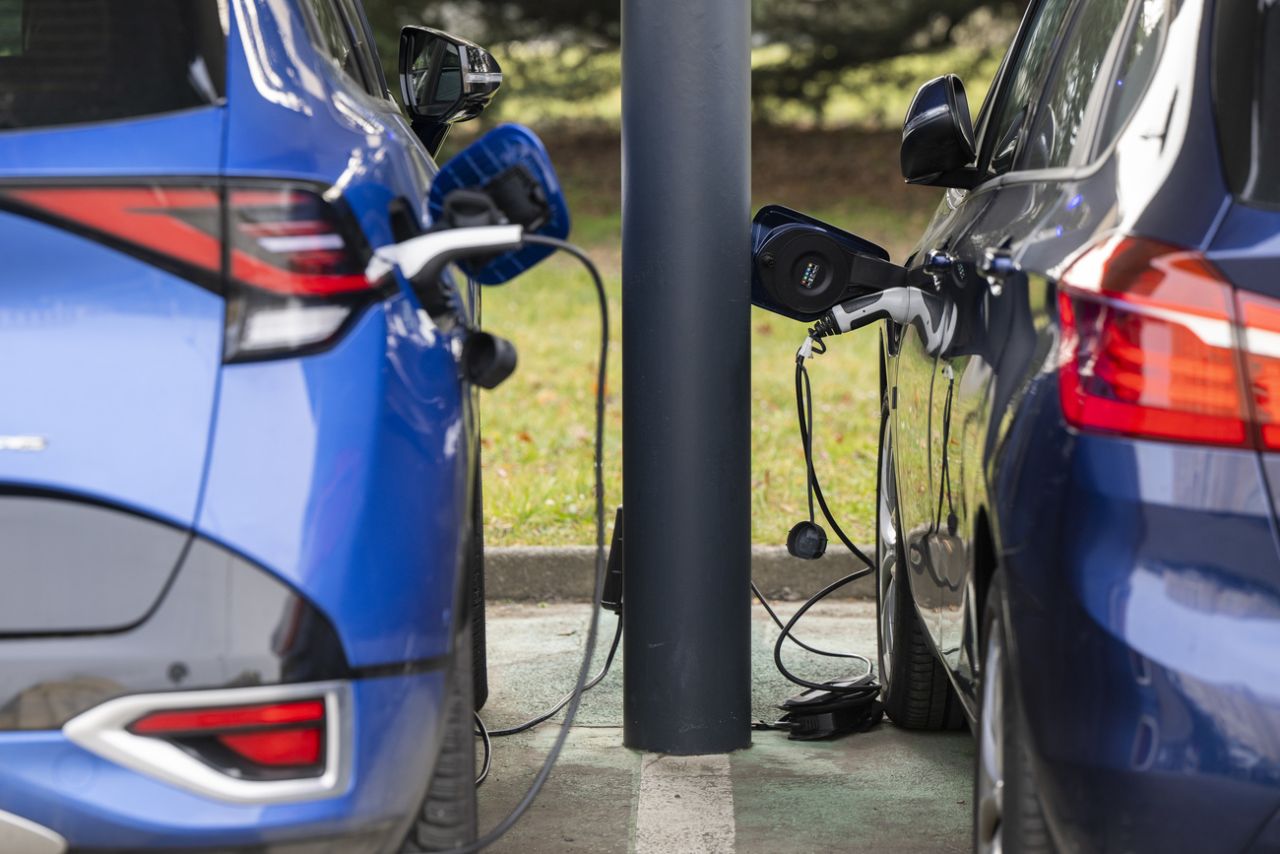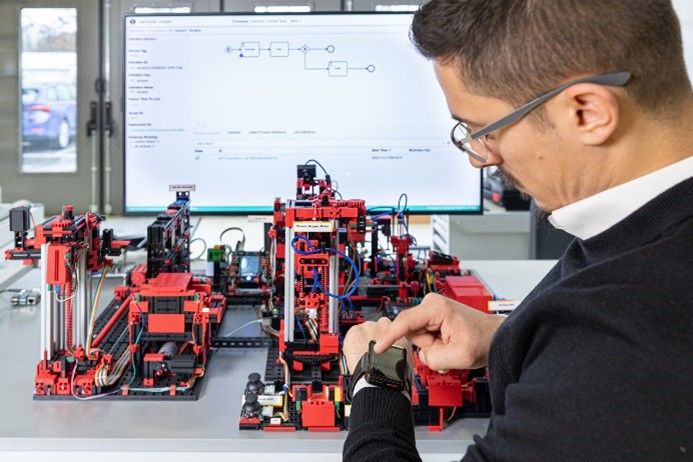A second life for car batteries
Thanks to reliable condition indicators
Researchers in Austria are working to assess the condition of discarded lithium-ion cells more reliably.
Batteries in electric cars have a limited service life because their capacity steadily decreases over the years. The discarded e-car batteries can already be recycled today. Before that, however, they could also be used as stationary electricity storage units, for example to temporarily store surplus energy from solar and wind power plants. However, the specific ageing condition would have to be known for this.
Researchers at Graz University of Technology have now collected 13 condition indicators. These include the charging and discharging capacity, the temperature difference between the poles during the charging process and the relaxation behavior of the battery cell after the charging process.
Making e-mobility even more sustainable
“Using these indicators, we can draw conclusions about the ageing status of lithium-ion batteries and draw initial conclusions about different usage profiles. Without having to rely on data protection-critical information on the usage history of the batteries,”
explained Jörg Moser, Head of the Battery Safety Center Graz at the Institute for Vehicle Safety.
On this basis, it should be possible to decide whether a battery can in principle be considered for further use in a specific area of application.
According to the Graz researchers, it will be several years before used batteries are widely used in subsequent applications, making electromobility even more sustainable over its entire life cycle. In addition to the safety of different battery technologies, the economic viability of second-life applications and legal issues relating to data protection, warranties and liability must also be taken into consideration.








